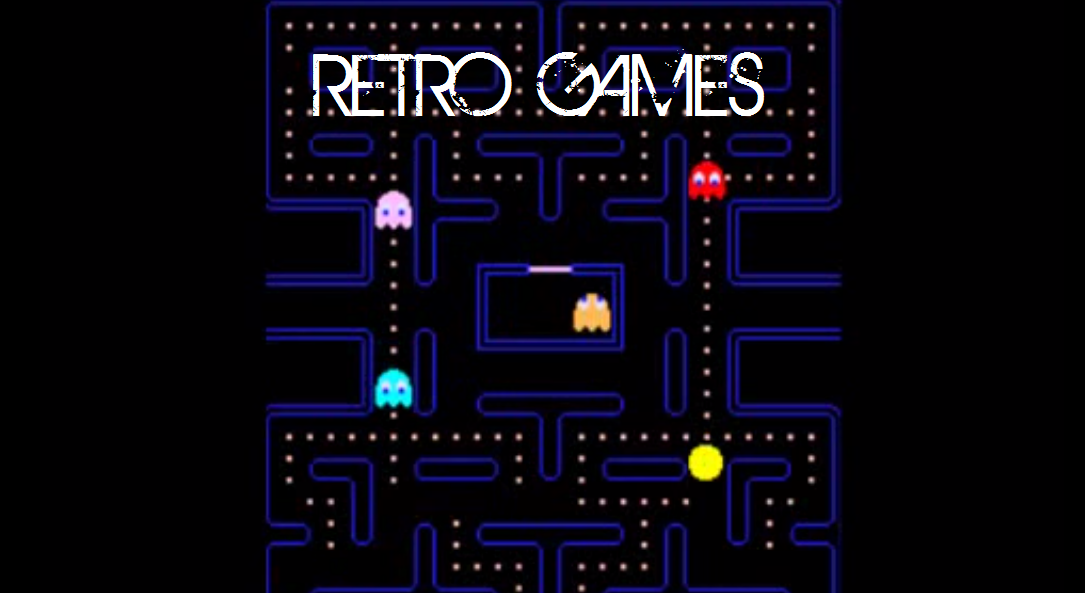I’m often asked, “Why do people buy old games?” Well, there isn’t just one definitive answer for this seemingly simple question. There’s a few, and they all lead to the popularity of retro gaming.
I speak with numerous gamers on a daily basis and I can tell you first hand: nostalgia plays a significant role in what motivates people to purchase retro/vintage games. A majority of gamers have fond memories of playing games in their childhood. I sure do. It’s hard not to remember racing home after school with friends to play a new game, especially after thinking about it all day. Or those nights of staying up late because you just couldn’t put the controller down, and let’s not forget shirking off responsibilities like work, school, or chores just to play.
In fact, the emotional experiences are often more powerful than the actual game itself. The excitement of receiving a game or console as a gift, especially on Christmas morning; that was like winning the lottery as a kid. The sense of wonder as we explored the colorful world of those games, the sense of accomplishment as we made it to the end and finished the game – sometimes with our childhood friends right by our side. Those are all epic memorable experiences not easily forgotten.
Those early memories of our first system and the games we played them on are very vivid and powerful and remain so well into our adult years. And that’s where nostalgia enters the picture. Because you never forget the excitement, frustration and joy of playing those games, you never forget your childhood.
Back then, many of us didn’t realize how much of an impact those games and the time we spent with them would have on us. As a child you didn’t care, you simply played and wanted to play more.
But kids grow up, get busy, work, fall in love, find other interests, and experience life. Without even realizing it, the very games we centered a majority of our free time around are crammed in some forgotten place, sold off, traded, or given away without much thought. Sure, we still play games but usually never with the fervor and enthusiasm we did when we were young.
So we get older and get to thinking about them, reminiscing, maybe even chatting with someone about a long forgotten game. Then it hits us; we grew up but the kid in us never did and suddenly the memories and joy of playing all come rushing back. Suddenly we want them back so we can relive and cherish the happy moments of our youth. Because it’s fun to be a kid again.
That nostalgia drives many people to search the internet for more information about the games they want. Where to get them, pricing, and the joy of owning them again. For many, including myself, acquiring those old games is like reclaiming my childhood a part of me that I lost a long time ago.
This is why I say nostalgia is one of the main culprits that drives individuals to seek out the old games. Many people have fond memories of the older games. They were new, original, colorful, and fun; at least they were for me and based off of the popularity in retro gaming I suspect I’m not the only one who feels this way.








